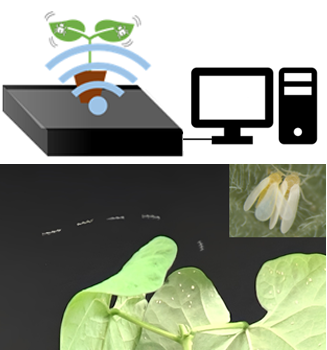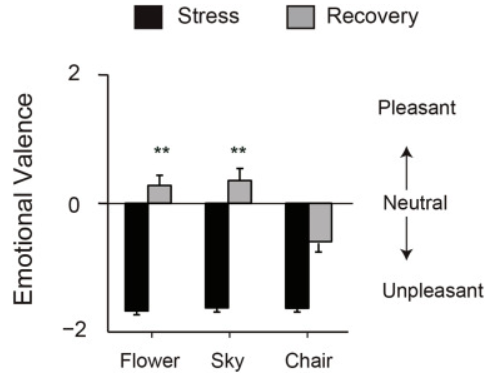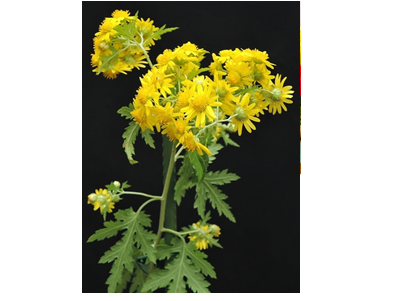

The National Agriculture and Food Research Organization (NARO) has analyzed the scent components emitted from lisianthus flowers. Various kind of components which is responsible for herbal and sweet scent etc., was identified from the analysis. This research result is the world's first report on the scent components of lisianthus flowers, which are said to be scentless. This provides basic knowledge for breeding lisianthus cultivars with good scent and also exhibits scent as a new attractive feature of lisianthus. Read more

The agricultural pests such as the sweet potato whitefly (Bemisia tabaci Gennadius) and the cotton aphid (Aphis gossypii Glover), are resistant to many chemical pesticides and cause severe damage to various vegetables and flowers. It was clarified that these two pests can be dispersed from the crops by applying non-contact force using ultrasonic waves. In particular, 50-60% of whitefly adults can be dispersed from leaves by vibrating at 1 to 480 Hz for 1 minute. In addition, when the non-contact force was applied to the sweet potato whitefly adults in a rearing cage for 8 hours(4 hours per day), the number of laid eggs was found to be halved. Hence it was proved that the non-contact force using the ultrasonic wave is effective for the pest control. In the future, we will work to improve the radiation coverage and develop new physical control technologies that can contribute to sustainable agricultural production, which is part of Sustainable Development Goals (SDGs). Read more

The National Agriculture and Food Research Organization (NARO) had demonstrated that viewing a flower image affects the brain activity and thereby induce psychological and physiological reaction which supports recovery from psychological stress. The experiment put the subject group under a visual stress followed by showing a typical flower image which led to downregulation of negative emotions and decrease in elevated blood pressure and cortisol levels. Through this research, the mechanism of viewing flowers to reduce human stress was explained scientifically using psychology, physiology and neuroimaging techniques. Read more

A research collaboration that includes NARO's Institute of Vegetable and Floriculture Sciences, Kazusa DNA Research Institute, University of Tokyo, Nihon University and Hiroshima University, has successfully completed the genome analysis of Chrysanthemum seticuspe, which grows widely from Tohoku to Kyushu in Japan and is considered as a model of cultivated chrysanthemum. A 2.72 Gb sequence corresponding to 89% of the whole genome was decoded revealing 71,057 genes. The genome sequence information is expected to contribute in improving the efficiency of breeding of cultivated chrysanthemum. Read more

A new soil sterilization agent using coffee grounds that could be used for suppressing the incidence of soil-borne diseases has been developed by NARO. It has been confirmed that the application of the polyphenol iron complex (Fe-CPP) from coffee grounds as sterilizing material, calcium peroxide as soil conditioner, and iron salt to the soil suppressed the occurrence of bacterial wilt in the laboratory. This method could provide a new safe and environmentally friendly control technology for soil-borne diseases. Read more